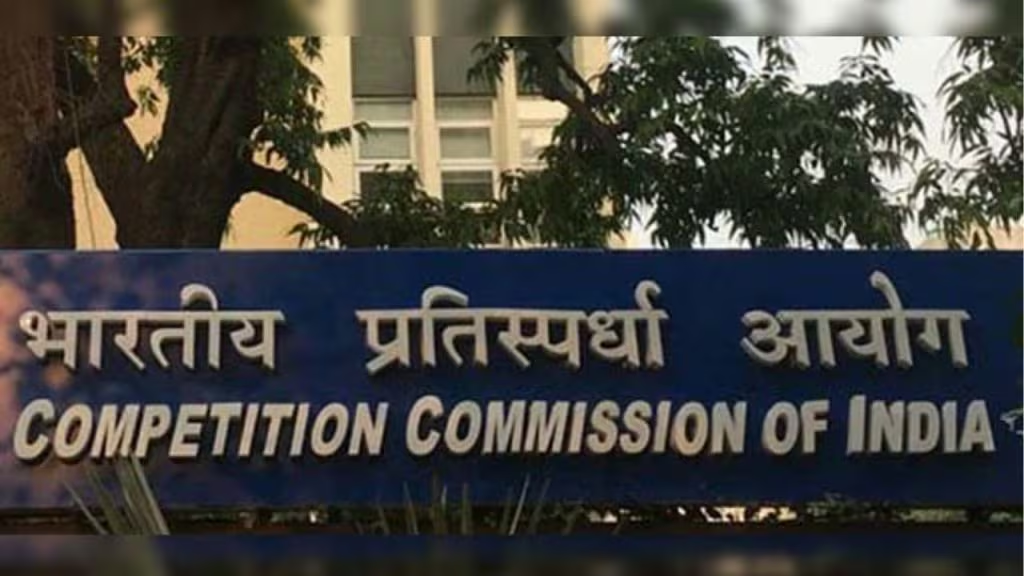~ Authored by Vibhuti Sharma, in guidance of TB
We live in a world where information flows effortlessly across borders, transcending geographical boundaries and connecting individuals and organizations around the globe. The exchange of data has taken on a vital role in today’s world of rapid globalisation and digital interconnection. However, the complexity of the issues that surround impeccable cross-border data transfers is increasing along with the demand for such services. A crucial issue looms big in the midst of this technological revolution: how can we effectively navigate the complex system of laws, rules, and frameworks that control the transmission of data across international borders?
Cross-border data transfer has become a critical issue, emphasising the necessity for an in-depth review of the implications of legislation and the difficulties that lie ahead. A fine balance must be struck in order to allow for the free flow of data while protecting people’s security and privacy. A patchwork of legal systems that often clash when data crosses borders results from the different approaches to data protection and privacy that different countries and regions have developed. This has sparked an expanding discussion on how to reconcile opposing policies, harmonizing rules, and set up systems for cross-border data governance that encourage trust and support innovation. Concerns over cross-border data transfer have also increased as a result of the recent rise in cyber threats, data breaches, and the abuse of personal information.
India is a large data producer and consumer due to its sizeable population and developing digital economy. As a result, India’s cross-border data transfer laws and policies are very important in determining the country’s digital landscape. India has taken steps to establish a strong legislative framework for protecting personal information because it recognizes the value of data protection and privacy. The Personal Data Protection Bill, which is presently being debated, places requirements on processors and controllers of data and seeks to give individuals more control over their data. Cross-border data transfers are covered by provisions in the proposed legislation, which stipulate that some data must be handled and retained domestically or be subject to extra security measures. It aims to create a framework for protecting personal data in India by defining the responsibilities of data controllers and processors, identifying categories of sensitive personal data, and creating a Data Protection Authority (DPA) to monitor compliance.
Issues with Cross Border Data Flows
Intervention of government
- The bill stipulates a three-tiered categorization of the cross-border flow of sensitive personal data. Sensitive personal information may be processed outside India subject to additional conditions and with explicit consent.
- The government has categorized certain private data as critical personal information, which can only be processed in India, but it is not defined in the bill as the bills says that it will defined by the government from time to time.
- The draft bill of 2022 permits cross-border interactions of data with “certain notified countries and territories” but these countries are not defined in the said draft. It says that the Central Government may, after an assessment of such factors as it may consider necessary, notify such countries or territories outside India to which a Data Fiduciary may transfer personal data, in accordance with such terms and conditions as may be specified
- It also says that central government can reject the data transfer if it is not in the public policy or state policy.
- The provisions of the bill interfere with adequacy by allowing the state to process data for any purpose without authorization and allowing the government to exempt any agency.
Data localization:
- The Indian government has been a proponent of data localization, which requires companies to store and process certain data within the country’s borders. The mandate that data controllers shall keep a copy of all personal data in India is one of the most problematic parts of the bill.
- Supporters of the provision argue that storing data within India will give the Indian government more control over how personal data is used and shared, and will make it easier to enforce data protection laws.
- Tech firms and business associations have criticized this clause, claiming it will raise costs and obstruct cross-border data transfers.
Comparison with other laws:
When it comes to data protection requirements, there are several approaches taken by different countries. Some countries have very strict data protection laws, while others have relatively less strict laws. Here are a few example
- European Union: The EU has some of the strictest data protection laws in the world, with the General Data Protection Regulation (GDPR) being the most well-known. The GDPR requires companies to obtain explicit consent from users before collecting and using their data, and gives users the right to request that their data be deleted. Failure to comply with the GDPR can result in hefty fines.
- United States: The US has a patchwork of data protection laws at both the federal and state level, with no overarching federal law governing data protection. However, some states have passed their own laws, such as California’s Consumer Privacy Act (CCPA), which gives users the right to know what data companies are collecting about them and to request that it be deleted
- China: China has some data protection laws in place, but they are generally considered to be less strict than those in the EU. The Cybersecurity Law of China requires companies to store data within the country and obtain consent from users before collecting their data. However, the Chinese government has been criticized for using data to monitor and control its citizens.
- India: India has recently passed a new data protection law, the Personal Data Protection Bill which is similar to the GDPR in many respects. The law requires companies to obtain explicit consent from users before collecting and using their data, and gives users the right to request that their data be deleted. However, the law has been criticized for giving the government too much power to access and use data. The PDP Bill has been criticized for creating additional compliance burdens for companies and potentially impeding the flow of data across borders.
Challenges with stricter requirements for cross border transfer
- Stricter requirements for cross border transfers of personal data may create challenges for businesses and organizations. Such requirements may include obtaining explicit consent from individuals, implementing additional security measures, and conducting risk assessment. Small and medium-sized businesses, which might not have the resources to fulfil these requirements, could be particularly impacted by this. Additionally, it might restrict the ability of businesses to offer their services globally, which might be detrimental to innovation and growth in the economy. The need for cross-border data flows must be balanced with the need for data protection, which is a complex problem that requires careful deliberation and cooperation between various stakeholders.
- Stricter requirements may also limit the ability of businesses and organizations to leverage data for innovation and competitive advantage, potentially hampering economic growth.
- At the same time, failing to adequately protect personal data can undermine trust in businesses and organizations and lead to reputational damage and legal consequences.
Implication of Data Protection Policies on global business
- In the context of data protection and cross-border data transfer, policy spillover refers to the impact that regulations and policies in one jurisdiction can have on the ability of individuals and organizations to transfer data across borders.
- Data protection laws, such as the European Union’s General Data Protection Regulation (GDPR), impose restrictions on the transfer of personal data to countries outside the European Economic Area (EEA) unless certain conditions are met, such as the recipient country having an adequate level of data protection. This can have unintended consequences for companies that rely on cross-border data transfers for their operations.
- For example, a company that operates in multiple countries may need to transfer personal data of its customers or employees across borders to perform tasks such as payroll processing, customer support, or marketing. If the company is subject to the GDPR and the recipient country does not have an adequate level of data protection, the company may face legal and financial consequences for non-compliance with the GDPR. This can disrupt business operations and lead to a loss of trust from customers and partners.
- Furthermore, policy spillover can also affect the development and implementation of data protection laws and regulations in other jurisdictions. For instance, the GDPR has been influential in shaping data protection laws in other countries, such as Brazil’s General Data Protection Law (LGPD) and California’s Consumer Privacy Act (CCPA).
- Policy spillover can have both positive and negative impacts on data protection and cross-border data transfer. On the one hand, it can promote the adoption of higher standards of data protection and privacy across different jurisdictions. On the other hand, it can also create unintended barriers to data flows and hamper the ability of companies to operate globally.\
- To mitigate the negative effects of policy spillover, policymakers should consider the potential impacts of their regulations and policies on other jurisdictions and stakeholders. They should also engage in international cooperation and dialogue to develop common frameworks and standards for data protection and cross-border data transfer.
Conclusion
Cross-border transfer of data is undoubtedly complicated, and India, a major player in the global digital economy, is battling these difficulties. The current debate over the Personal Data Protection Bill demonstrates that the country prioritises privacy and data protection. Finding the ideal balance between allowing data flows for economic progress and preserving privacy and security, however, remains a difficult task. India’s approach to international data transfer shows a range of concerns and goals. Although the objectives are to encourage innovation, advance digital services, and safeguard consumers’ personal information, there may be negative effects on enterprises, particularly in terms of increased compliance costs and a reduction in the availability of global service options.
India and other countries need to understand the difficulties of cross-border data flow. It is necessary to have a comprehensive approach that considers the demands of individuals, businesses, and the greater digital ecosystem. To address the difficulties ahead and construct a unified and stable framework for cross-border data governance, dialogue, international cooperation, and the creation of shared frameworks should be encouraged. India’s digital future and its incorporation into the global digital economy is going to rely on finding the proper balance between data protection and permitting data flows.



